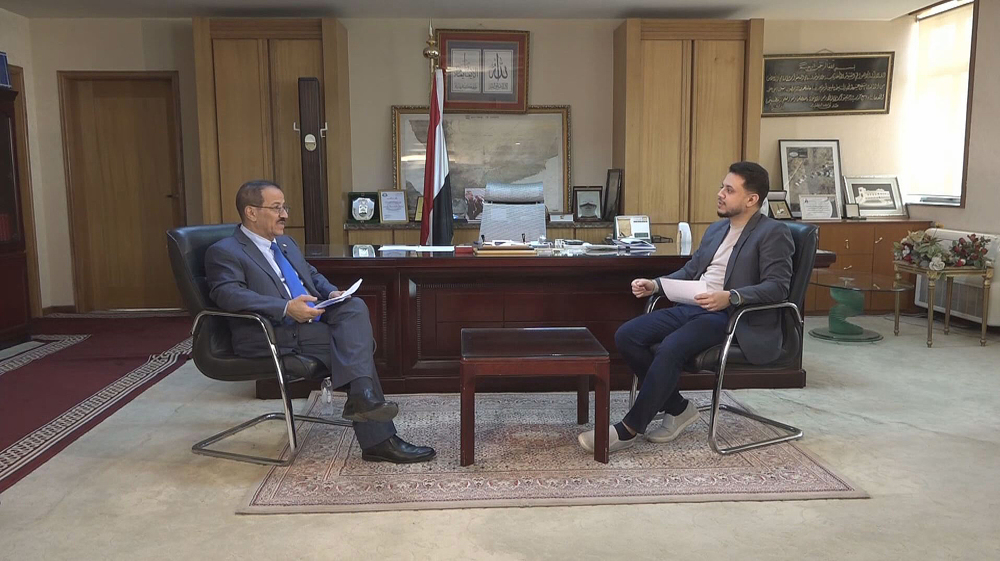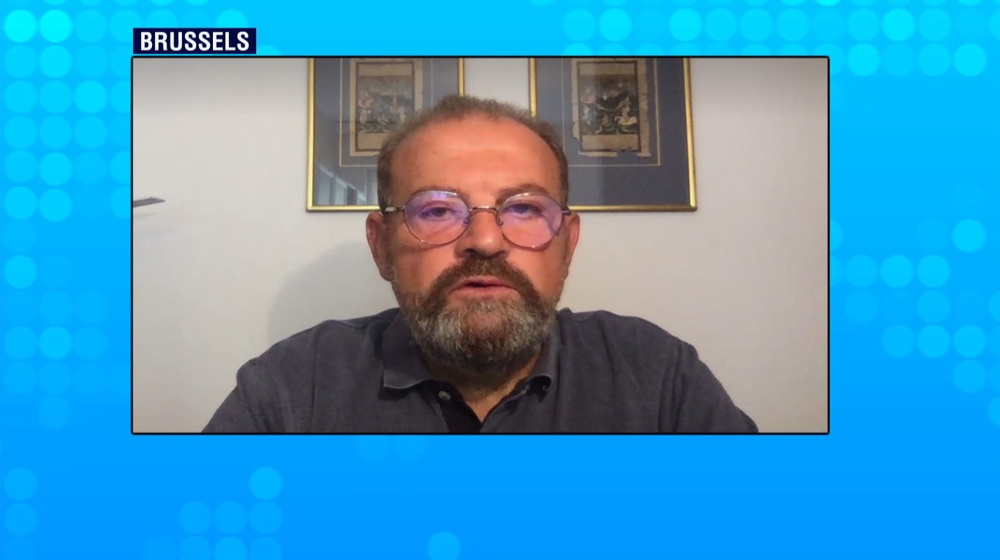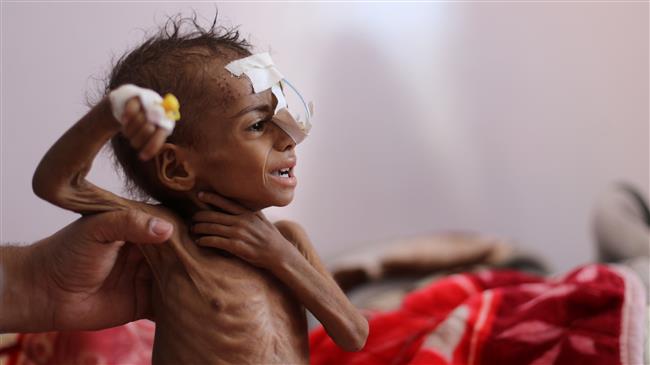Bahah dismissal to widen gap between Saudis, UAE: Pundit
Press TV has conducted an interview with Dr. Naseer al-Omari, a political commentator from New York, to investigate the ceasefire announced on Tuesday by the spokesman of Yemeni Ansarullah movement, Mohammed Abdulsalam, along several regional borders with Saudi Arabia.
The following is a rough transcription of the interview.
Press TV: We have seen similar truces take place, ceasefires, talks. What is to see this time that is going to be any different?
Al-Omari: I believe that all fighting factions in Yemen, including Saudi Arabia, feel that this war is not going anywhere. If the Saudis want to enter Sana’a where Ali Abdullah Saleh has a great deal of support and the Houthis, this is going to be a catastrophe. So, I believe that everybody understands at this point that going to Sana’a is a huge catastrophe and the Saudis are not willing to take that chance. So, I believe that clock has turned one year prior to the Saudi invasion of Yemen and now back to a political process that was plagued by a lot of disagreements among Yemenis. So, now with the Saudis trying to bring everybody to the negotiating table, I believe we will see new types of complications.
Press TV: Right now speaking of complications, let’s not forget that Hadi has fired Bahah right now for not caring out his duties, I am not really sure what that means, however, he has been fired. So, there is an internal struggle it seems within Hadi’s own loyalists.
Al-Omari: That is right and that struggle reflects disagreement between the Saudis and the United Arab Emirates and now we have a complete turnaround with the appointment of Ali Mohsen [al-Ahmar] to the new government who is known for his hard-line stance against the Houthis. So, there we go again. We are back to a political process that is sponsored by the Saudis who themselves have no record of a democratic process and now back to the negotiating table with a lot of issues to overcome and a divided country and a country that needs to be rebuilt and the Saudis are not exactly clear on how all of that would happen.
Press TV: You just mentioned the disagreement between Saudi Arabia and the United Arab Emirates. Can you expand a bit more on that?
Al-Omari: It is believed that the former prime minister was very close to the United Arab Emirates. It was their top choice and he had his own disagreements with Hadi. So, now it is believed that the Saudis have probably not consulted with the United Arab Emirates when they dismissed the former prime minister. So, there you go. We have former allies now becoming new enemies and it seems the fate of Yemen. We have a lot of complications and the situation is slipping in terms of security and this government is supposed to come in and rebuild and all of these things are theoretical and on the ground the Yemeni people continue to suffer unfortunately.
'Next to impossible' to rescue patients from Gaza's Kamal Adwan Hospital: Director
VIDEO | Vietnam current prosperity
Report blames gasoil exports for shortage at Iranian power plants
VIDEO | Hind Rajab Foundation names Israeli war criminals vacationing after Gaza genocide
VIDEO | Australians rally for Gaza ahead of Christmas festivities
VIDEO | Attacks on Sana'a
Iran reports further drop in annual inflation rate in December
Israel indicts two settlers over suspected spying for Hezbollah









 This makes it easy to access the Press TV website
This makes it easy to access the Press TV website